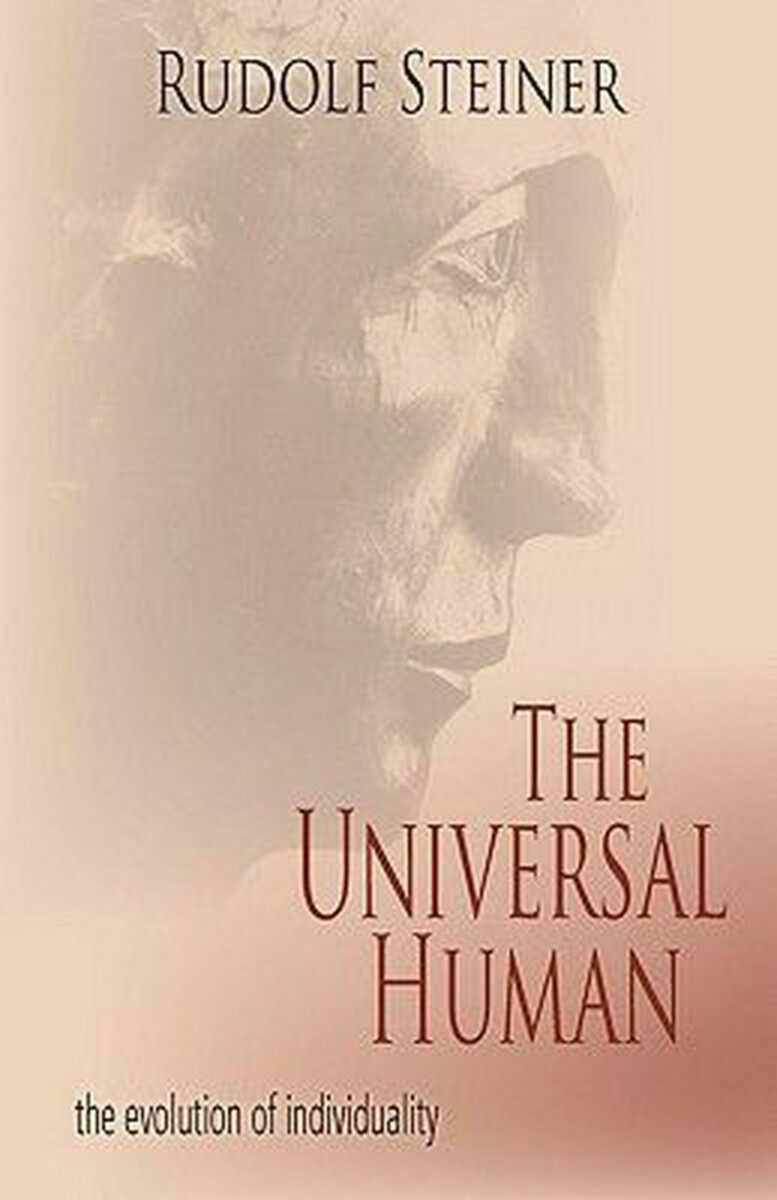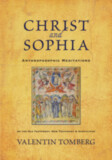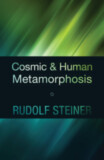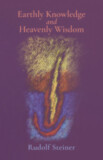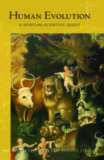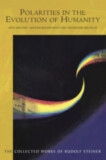The Universal Human
The Evolution of Individuality (CW 117, 124, 165)
- Publisher
SteinerBooks - Published
1st September 1990 - ISBN 9780880102896
- Language English
- Pages 96 pp.
- Size 5.5" x 8.5"
4 lectures, Munich and Bern, 1909–1910, 1916 (CW 117, 124, 165)
"This is one of the meanings of the Mystery of Golgotha: the attainment of the unity of humanity from within. Externally, human beings are becoming more and more different. The result will be not sameness but difference over the Earth, and human beings must exert all the more force from within to attain unity" (lecture 4).
In this collection, Rudolf Steiner describes the evolutionary task facing contemporary humanity in preparing to enter the sixth epoch. In the past, human souls felt a strong connection with the group soul to which they belonged. Today, all "group soul" characteristics—such as race and nation—must be stripped away.
Rudi Lissau wrote of the last lecture: “No anthroposophist should approach racial problems without first pondering this lecture and its implications.”
Steiner also explains that we must overcome such preconception as are formed by our normal notions and feelings of good and evil:
"Most people picture Ahriman and Lucifer as evil beings—albeit much more intensely evil than human beings. But this is not true; we must keep in mind that certain earthly feelings we associate with our concepts lose their meaning when we go beyond the earthly realm. Thus, we cannot say that there are good gods on the one hand and evil gods Ahriman and Lucifer on the other.... The opposing forces were created by the good gods themselves in an earlier period so that they would be able to bring to bear their full force for the development I have described" (lect. 4).
C O N T E N T S:
!. Individuality and the Group Soul
2. The God Within and the God of Outer Revelation
3. The Lord of the Soul
4. The Universal Human: The Unification of Humanity through the Christ Impulse
Rudolf Steiner
Rudolf Steiner (b. Rudolf Joseph Lorenz Steiner, 1861–1925) was born in the small village of Kraljevec, Austro-Hungarian Empire (now in Croatia), where he grew up. As a young man, he lived in Weimar and Berlin, where he became a well-published scientific, literary, and philosophical scholar, known especially for his work with Goethe’s scientific writings. Steiner termed his spiritual philosophy anthroposophy, meaning “wisdom of the human being.” As an exceptionally developed seer, he based his work on direct knowledge and perception of spiritual dimensions. He initiated a modern, universal “spiritual science” that is accessible to anyone willing to exercise clear and unbiased thinking. From his spiritual investigations, Steiner provided suggestions for the renewal of numerous activities, including education (general and for special needs), agriculture, medicine, economics, architecture, science, philosophy, Christianity, and the arts. There are currently thousands of schools, clinics, farms, and initiatives in other fields that involve practical work based on the principles Steiner developed. His many published works feature his research into the spiritual nature of human beings, the evolution of the world and humanity, and methods for personal development. He wrote some thirty books and delivered more than six thousand lectures throughout much of Europe. In 1924, Steiner founded the General Anthroposophical Society, which today has branches around the world.


